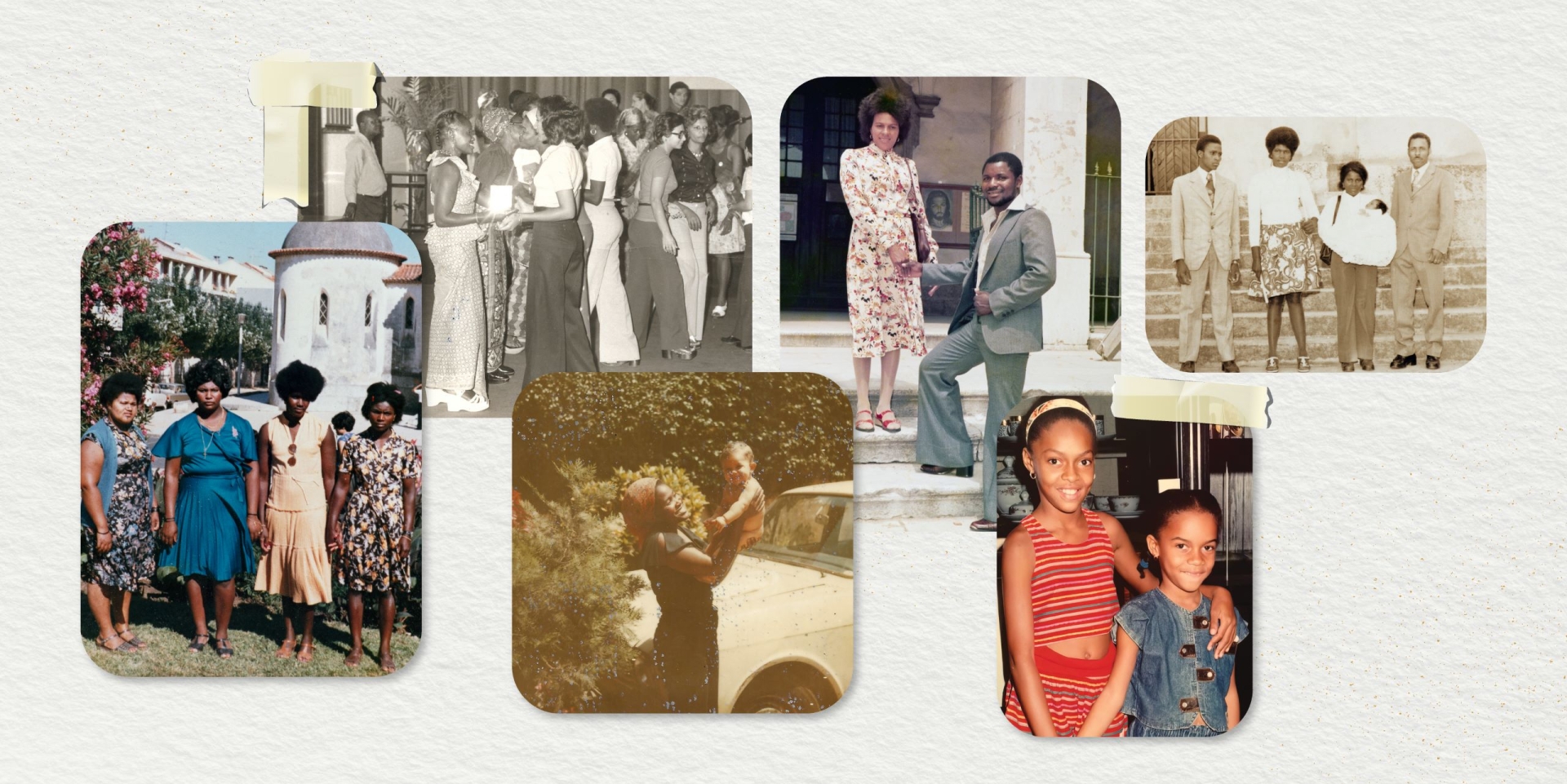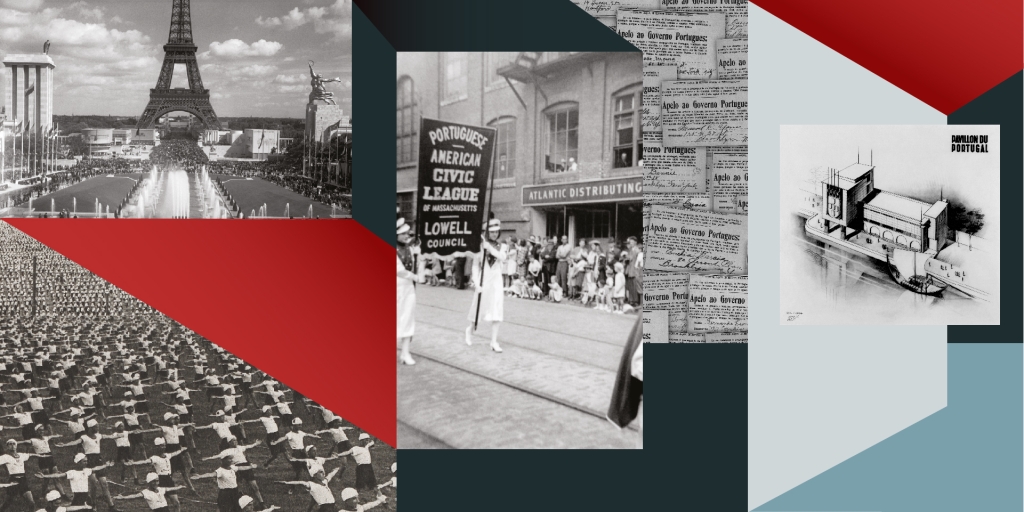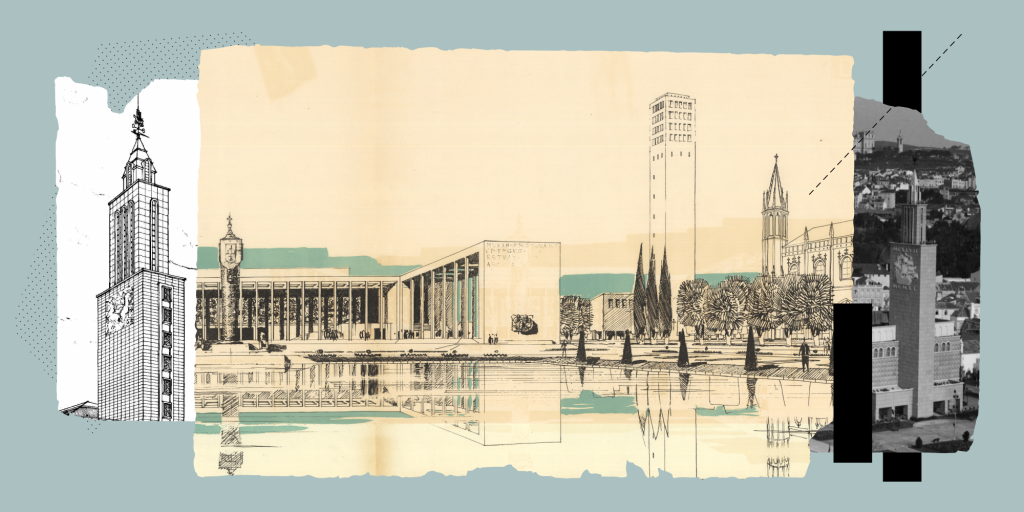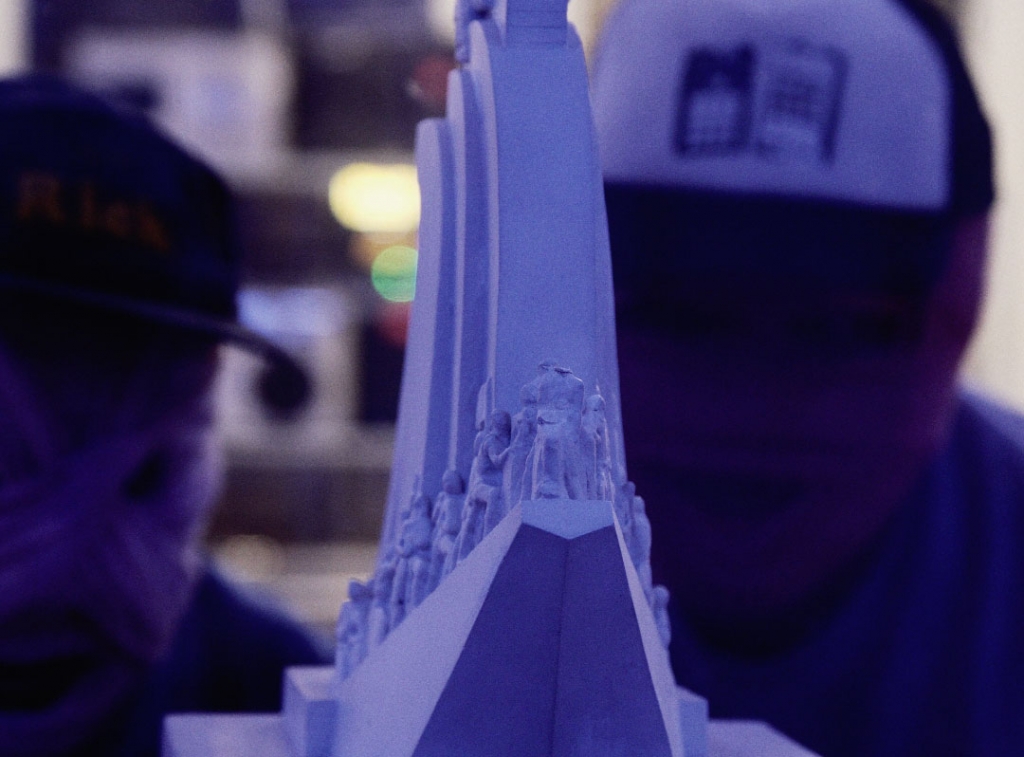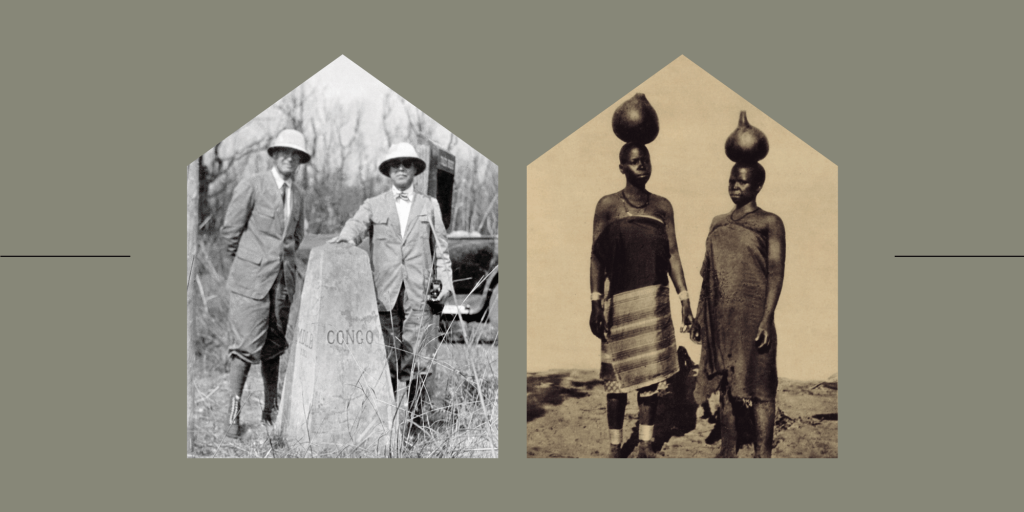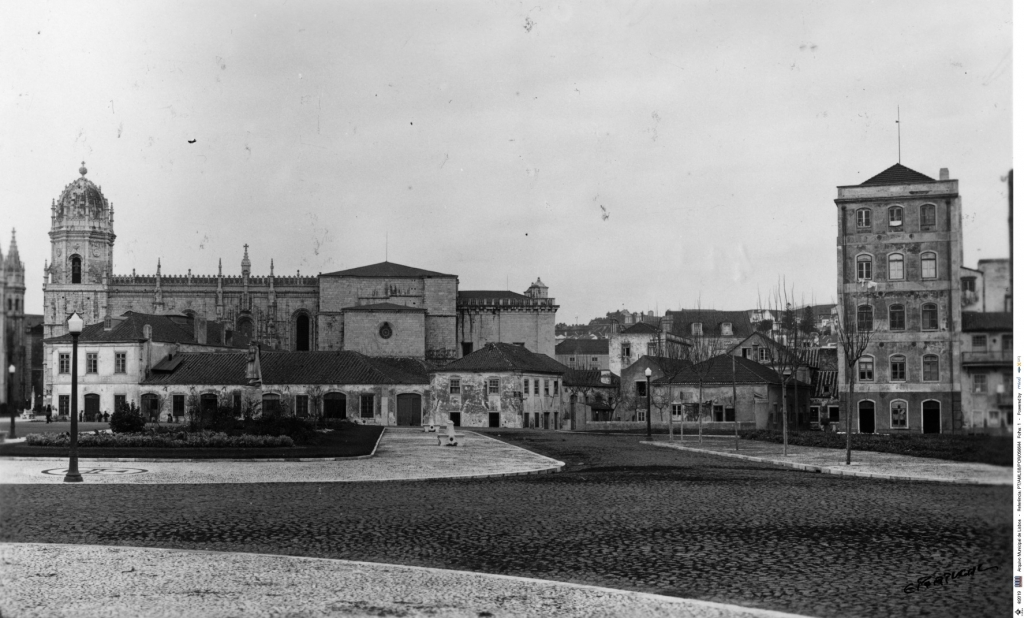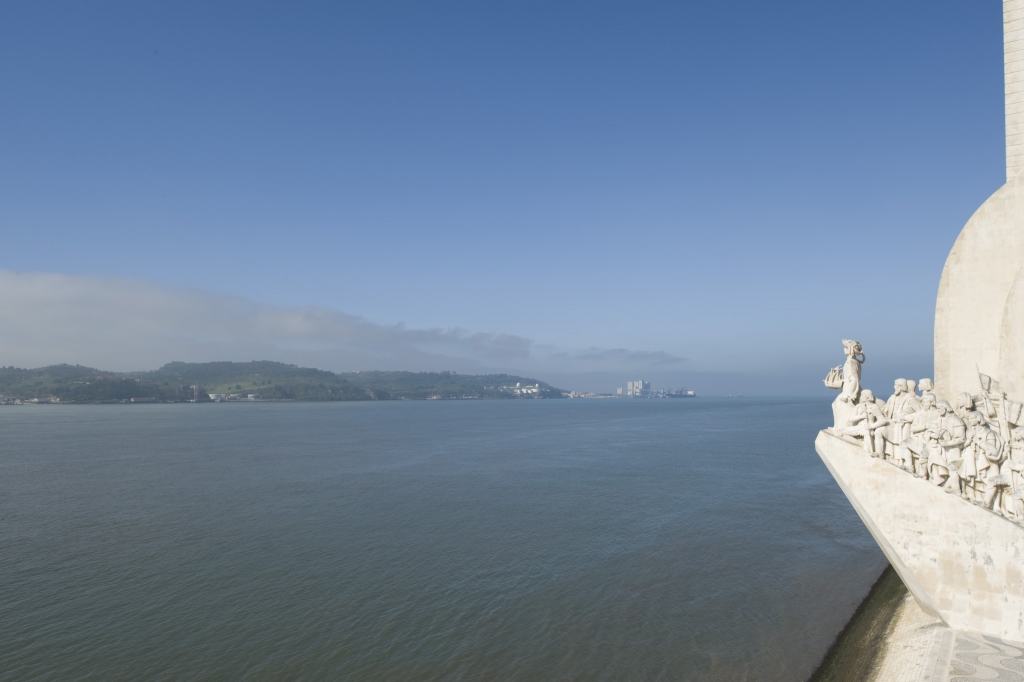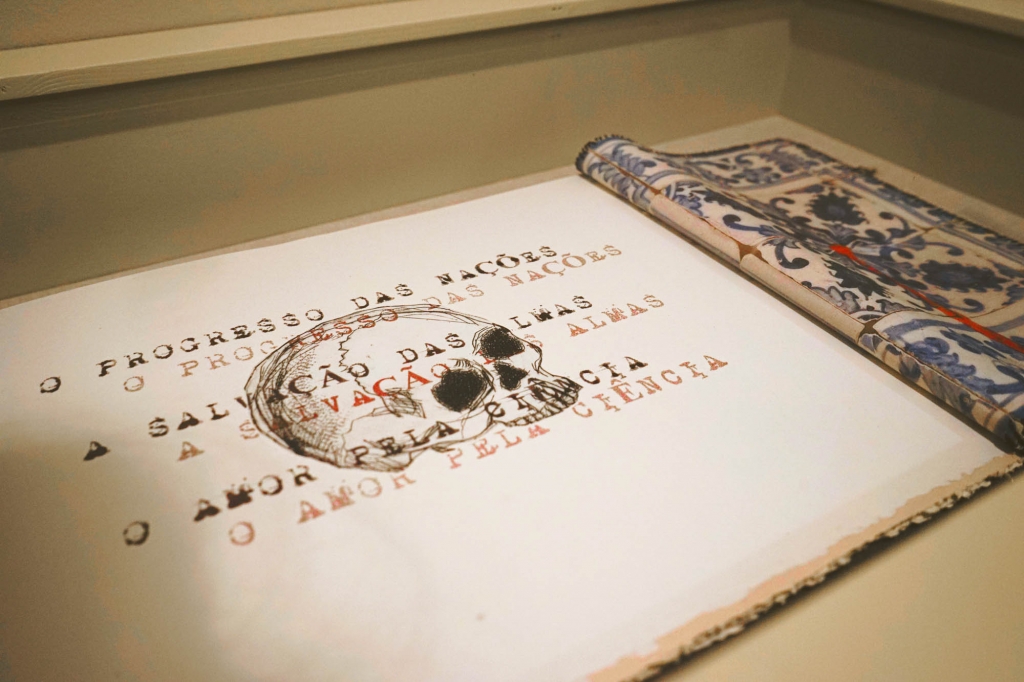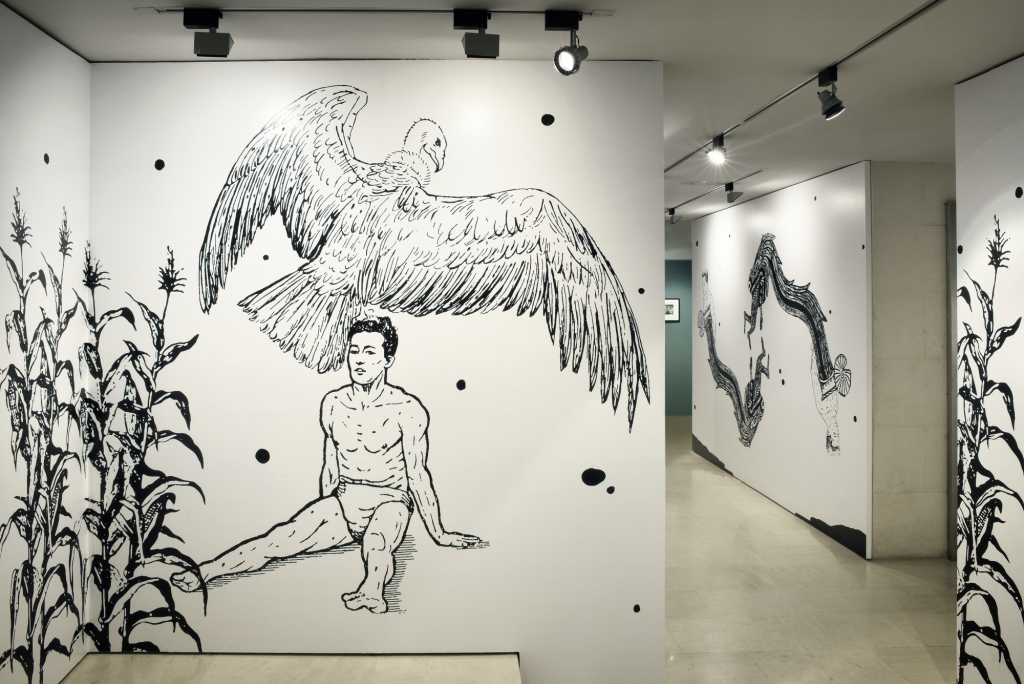Exhibition | Family Albums: Photographs of the African Diaspora in Greater Lisbon (1975 to Today)
28 April 2024 - 30 November 2024Details
April 28 – November 30 2024
Schedule
October to February – every day from 10 am to 6 pm (last entrance 5:30 pm)
March to September – every day from 10 am to 7 pm (last entrance 6:30 pm)
Share on social media
About this event
Family Albums: Photographs of the African Diaspora in Greater Lisbon (1975 to Today)
This temporary exhibition, with an forthcoming catalogue both in portuguese and in english, and curated by Inocência Mata and Filipa Lowndes Vicente, shows photographs of self-representation of the African Diaspora in Portugal. These are the “family albuns” with the images that portuguese of african descendent and africans, who live in Portugal, have made of themselves and their families and communities since 1975, the date of independence of the african countries that had been colonised by Portugal.
Filipa Lowndes Vicente is a historian and researcher at the Institute of Social Sciences of the University of Lisbon (ICS-ULisboa). In 2000, she completed her PhD at the University of London (Goldsmiths College). In 2015, she was a visiting professor at King’s College London and in 2016 at Brown University, in the USA. Vicente’s work on Goa and India has resulted in a few articles and two books: Other Orientalisms: India between Florence and Bombay (1860-1900), in 2012, and Entre dois impérios. Viajantes Britânicos em Goa (1800-1940), in 2015. Her work on women artists and feminist art history has resulted in a book published in 2012 in Lisbon: Art without History: women and artistic (16th-20th centuries) and in the exhibition catalogue of the exhibition she also commisioned on a 19th century painter from Oporto: Aurélia de Sousa, woman-artist (1866-1922). On photography in portuguese colonial contexts, she has published two edited by books. The first in Lisbon, The Empire of Vision: photography in the Portuguese colonial context (1860-1960) with the participation of 30 researchers; the second one, in 2023, was published in english by Palgrave, and edited with Afonso Dias Ramos: Photography in Portuguese Colonial Africa (1860-1975). In 2022 she organised Black Visualities, a cycle of conferences with Heloísa Pires Lima, Billy Woodberry, Deborah Willis, Kenneth Montague and Ruth Wilson Gilmore, at Centro Cultural de Belém, in Lisbon.
Inocência Mata, essayist, researcher and professor at the Faculty of Arts of the University of Lisbon in the area of Literature, Arts and Cultures, has been a guest professor at several institutions around the world, including the University of Macau, where until 2017 she was deputy director of the Department of Portuguese. PhD in Literature from the University of Lisbon and post-doctorate in Postcolonial Studies (Postcolonial Studies, Identity, Ethnicity, and Globalization) from the University of California, Berkeley. Mata is a member of the International Association of Comparative Literature, the Association for L’Étude des Literatures Africaines (France), the International Association of African Studies (AFROLIC, Brazil), the International Association of Social and Human Sciences in Portuguese Language (AILP-CSH), the Lisbon Academy of Sciences – Class of Letters, the Angolan Academy of Letters and the Galician Academy of Portuguese Language and is a founding member of UNEAS – National Union of Writers and Artists of São Tomé and Príncipe. She is also a researcher at the Center for Comparative Studies at the University of Lisbon.
& & &
EXHIBITION DICTIONARY
FAMILY ALBUMS: Sets of photographs taken and kept by family members of different generations or passed on from relatives. These photographs are analogue images printed on paper and kept at home, pasted in albums, framed or stored in boxes and drawers. Those taken after the advent of digital photography include images that can be seen on screens, are stored on mobile phones and saved on computers.
PHOTOGRAPHS: Portraits of women, men and children, either African or of African descent, either taken by themselves or by those close to them, and which intersect with personal stories and memories.
AFRICAN DIASPORA: The community of African people and people of African origin who live outside the African continent, away from their place of birth or that of their ancestors. The African Union has named the African Diaspora as its sixth region. Its preponderance in countries bordering the Atlantic or former colonial powers – Portugal, the UK, France, Belgium, Germany, Italy, the USA, the Caribbean and Brazil – is inextricably linked to a history of centuries of slavery and colonialism. In the case of Portugal, the African diaspora predominantly originates from countries that were once Portuguese colonies – Angola, Cape Verde, Guinea-Bissau, Mozambique and São Tomé and Príncipe.
GREATER LISBON: The vast majority of Africans who came to Portugal over recent decades have settled in Lisbon and the metropolitan area, and most of the African diaspora continue to reside there to this day. As a result, Greater Lisbon remains one of the most African cities in Europe and is home to many black Portuguese people, especially as of the last 50 years.
1975: Most of the Portuguese colonies in Africa only gained independence in 1975 (Guinea-Bissau in 1973), long after other European countries had embarked on the process of decolonisation. Following the Carnation Revolution of 25 April 1974, which marked the onset of democracy in Portugal, thousands of people living in Africa moved to the former empire’s capital. This highly heterogeneous group included Africans and Portuguese people born in Portugal who had gone to live in Africa, as well as Portuguese citizens born in Africa. The flow of people from Africa to Portugal has been more or less continuous ever since 1975. Many people of African descent in Portugal were born here and are Portuguese citizens.
TODAY: We are in the final year of the International Decade for People of African Descent (2015–2024), which was established by the United Nations to promote three ideas: recognition, justice and development. This year also marks 50 years of democracy in Portugal (1974–2024). We want to take this opportunity to celebrate the lives and stories of Portuguese people descended from the many generations of African men and women who lived under Portuguese colonialist rule. By focusing on the last 50 years, we are also reflecting on another revolution – the evolution of photographic technology through the transition from analogue to digital, and the fact that today we take all our photographs with our smartphones.
With the participation of:
Section 1
Photographic portraits of the African Diaspora before 1975
Aurora Almada e Santos
Section 2
Written, spoken and sung images
Djaimilia Pereira de Almeida
Gisela Casimiro
Joaquim Arena
Kátia Casimiro
Karyna Gomes
Telma Tvon
Yara Monteiro
Selma Uamusse
Section 3
Family Albums: photographic autobiographies
Coli Embaló
Jorginho Miraflor
Benvindo Fonseca
Emília Almada
Clarice Monteiro
Joana Cabral
Yonara Mateus
Sadia Ahmed
Nuno Furtado
Paula Almeida
Chalo Correia
José Baessa de Pina “Sinho”
Ana Gomes
Section 4
Photography as a profession: from identity cards to group festivities
Adão Marcelino
António Pedro Alves, Estúdio DAMARTE
Roque G.
Patrícia Zacarias
Section 5
Artists and photgraphic archives
Alice Marcelino
Ana Silva
Diogo Carvalho
Henrique J. Paris
José Chambel
Kwame Sousa
Marta Pinto Machado
Mónica de Miranda
René Tavares
Section 6
Family Screens: sharing the present
Catarina Francisco da Silva
